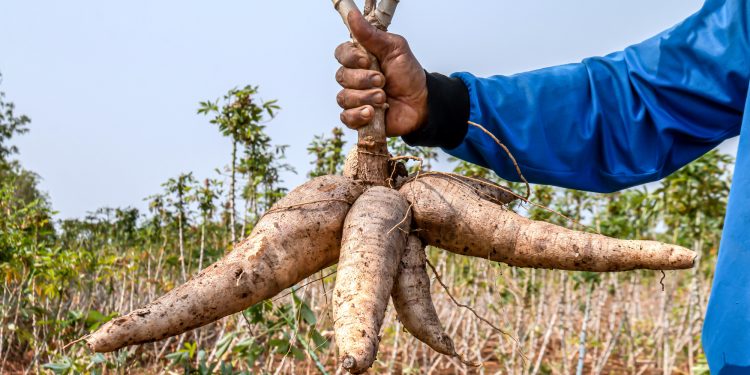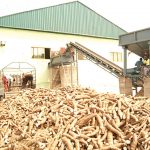Leading African cassava processor Psaltry International has reaffirmed its commitment to a sustainable agribusiness environment, ensuring significant benefits for local cassava farmers and communities in Oyo State. Despite recent media reports accusing the company of payment delays and a lack of transparency, Psaltry has clarified its operations, emphasizing its ongoing support for out-grower farmers.
According to Yemisi Iranloye, Psaltry’s CEO, these allegations are baseless, and the company adheres to a longstanding payment schedule established through a memorandum of understanding with farmers. “Our operations are guided by transparency and accountability, and claims of payment defaults are untrue,” Iranloye stated. She explained that Psaltry annually procures over ₦1 billion worth of cassava from its suppliers, structured across three key segments.
Addressing accusations about the weighing system’s transparency and the alleged boycott from local farmers, Iranloye said, “This is the work of mischief-makers. Psaltry is deeply committed to fostering economic development within our host communities. Sustainable agriculture is at the heart of our mission, and we have always prioritized fair practices.”
Psaltry operates a three-pronged sourcing model to support local farmers effectively. First, it pre-funds out-grower farmers directly, ensuring they have the necessary resources to cultivate cassava. Additionally, the company works with traders who access remote areas to collect cassava, ensuring even the most isolated farmers can contribute to the supply chain. Lastly, Psaltry collaborates with trained traders who independently supply cassava.
“We are pleased to have provided over ₦600 million in cassava stems, herbicides, and agricultural loans to our out-growers. This initiative underscores our commitment to empowering farmers and building a sustainable agribusiness model in Oyo State,” Iranloye concluded.
This development reflects Psaltry’s unwavering dedication to supporting rural economies, ensuring transparency, and contributing to agricultural sustainability across the region.










